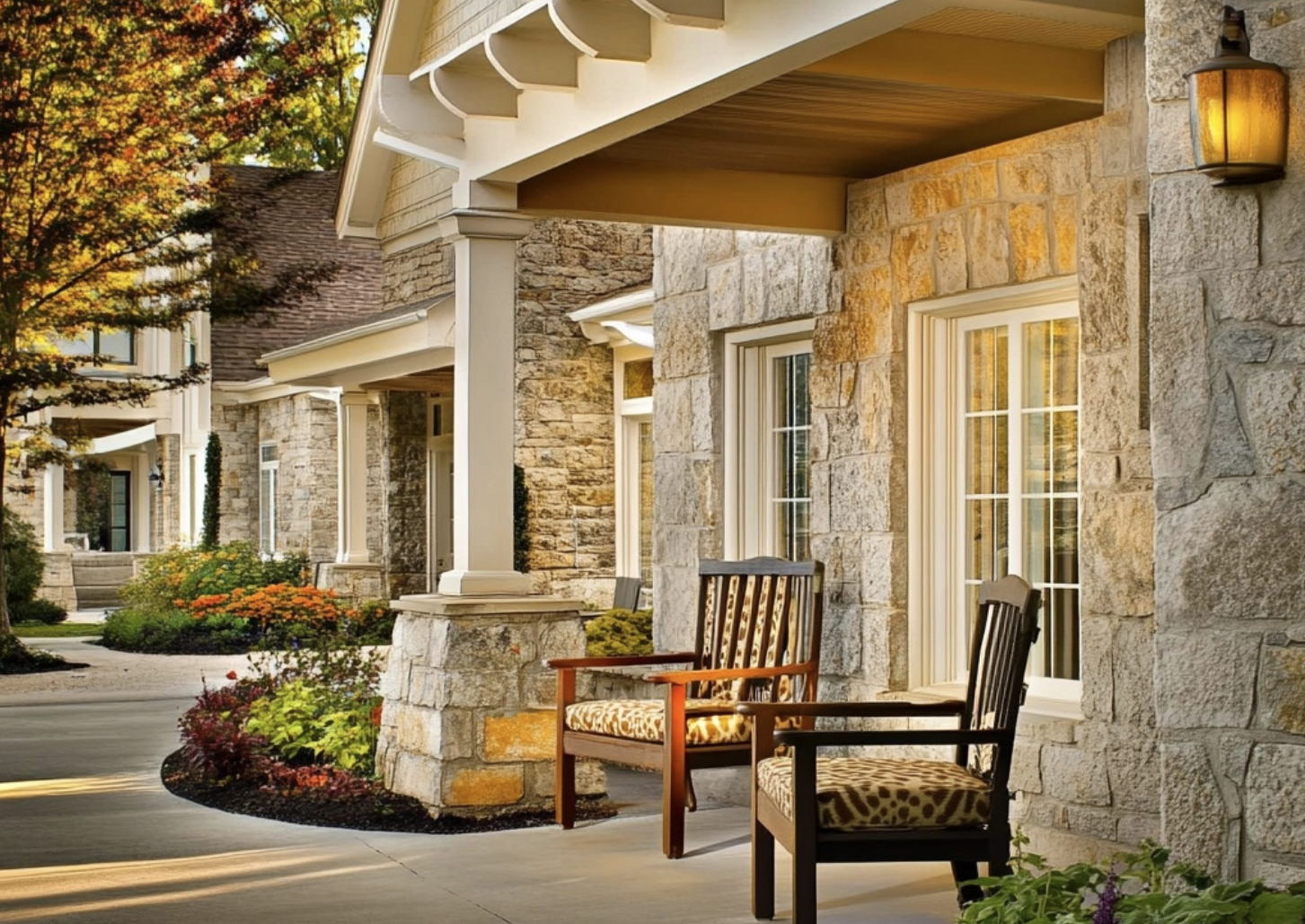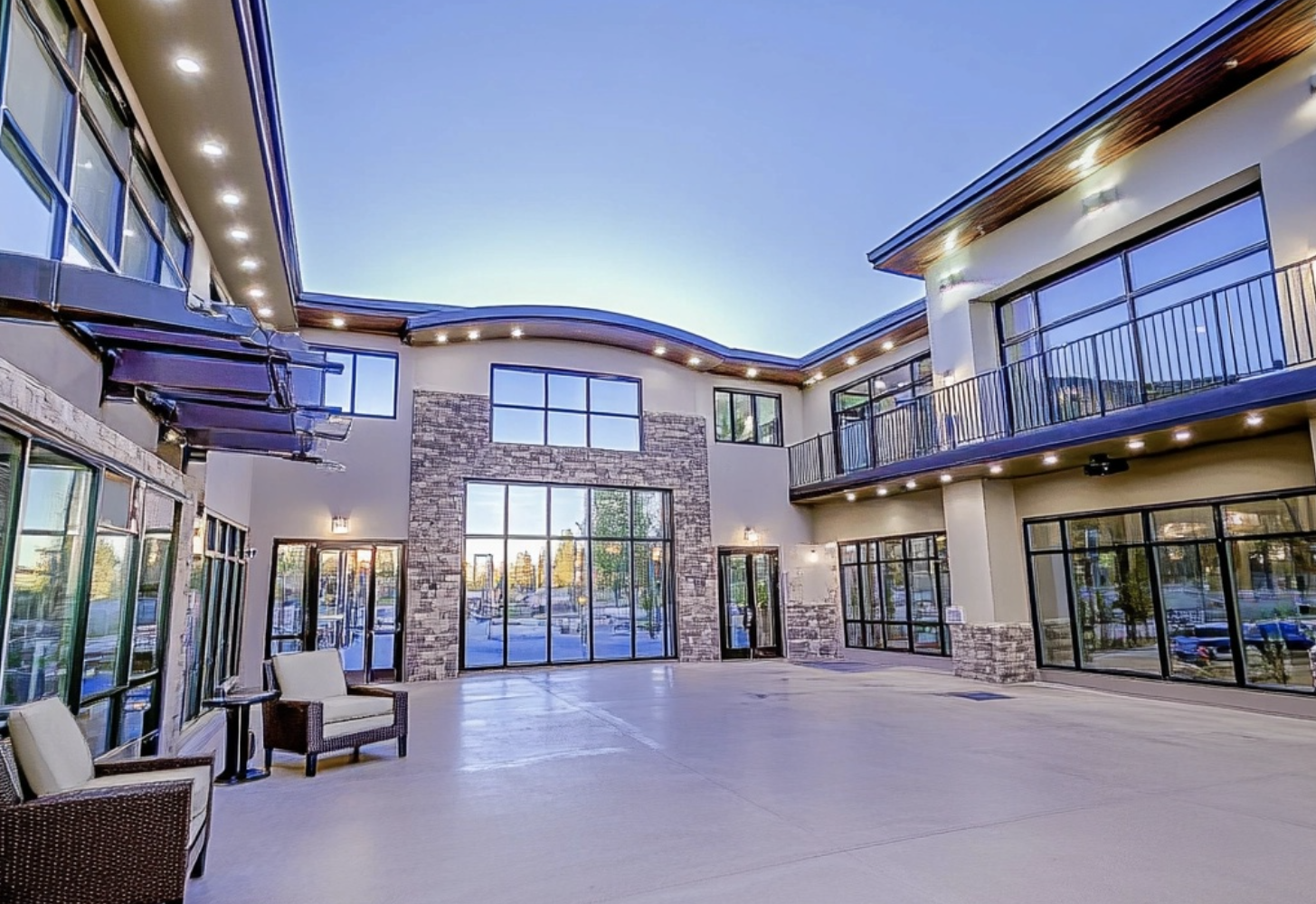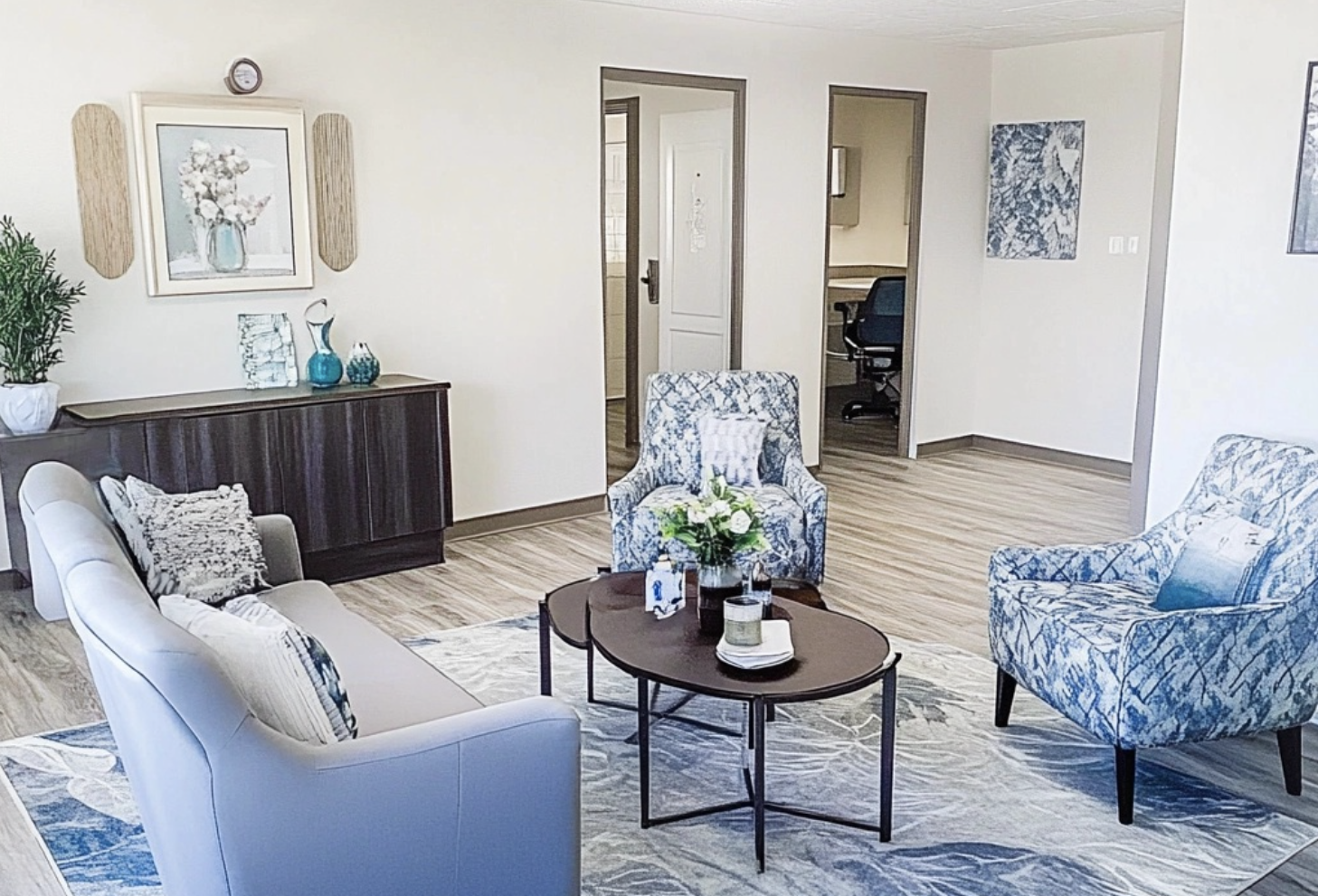As our loved ones age, we are often faced with difficult decisions regarding their care. Assisted living facilities have long been a popular choice for those who need some help with daily activities but wish to maintain a level of independence. However, there are times when assisted living may not fully meet the unique needs of every individual. In this comprehensive guide, we will delve into understanding assisted living and its limitations, recognizing signs that it may not be the most appropriate care option, and exploring alternative solutions to ensure our loved ones receive the care and support they deserve.
Understanding Assisted Living and Its Limitations
Assisted living facilities are designed to bridge the gap between independent living and nursing homes. They offer a balance of support and autonomy, providing residents with assistance in daily activities, such as bathing, dressing, and medication management, while also encouraging independence. However, these facilities have their limitations.
Firstly, assisted living may not offer the intensive medical care some seniors require. The staff-to-resident ratio can also mean that personalized attention is limited, which can be a significant drawback for those who need more dedicated support. Moreover, the cost of assisted living can be prohibitive for many families, and the facilities may not cover all the needs of their residents, such as those with advanced dementia or other serious health conditions.
Understanding these limitations is crucial when assessing whether an assisted living facility is the right place for your loved one. It’s about balancing the desire for independence with the necessity for a more comprehensive care approach that some seniors may need as they age.
Signs that Assisted Living May Not Be Appropriate
Recognizing when assisted living is not the right fit for your loved one is the first step towards finding a more suitable care solution. There are several signs to watch for that may indicate a need for a different type of care.
One major sign is a significant decline in health that requires medical attention beyond what assisted living can provide. This includes frequent hospital visits, the need for 24/7 nursing care, or specialized medical treatment. Additionally, if your loved one is exhibiting severe cognitive impairments, such as those associated with advanced stages of Alzheimer’s or dementia, they may require a more specialized care setting.
Moreover, if the social environment of assisted living does not suit your loved one, or if they feel isolated and lonely despite the communal living setting, it may be time to consider other options. Understanding these signs is essential in taking proactive steps to ensure your loved one’s needs are adequately met.
Alternative Care Solutions for Seniors
When assisted living is not the right fit, several alternative care solutions can provide the necessary support for seniors. These options range from in-home care services to specialized facilities that cater to specific health conditions, offering a spectrum of care levels to meet individual needs.
In-Home Care Options
In-home care is an excellent alternative for seniors who prefer to stay in their homes but require assistance with daily activities or medical care. This option allows for a high level of personalized attention, as caregivers can be hired to meet the specific needs of your loved one, whether it’s for a few hours a day or around-the-clock support. In-home care also offers the benefit of familiar surroundings, which can be particularly comforting for those with cognitive impairments.
Senior Living Communities
Senior living communities, also known as retirement communities, cater to relatively independent seniors who may need some level of assistance. These communities often offer a range of amenities, such as on-site healthcare services, recreational activities, and dining options, allowing residents to enjoy a fulfilling and socially active lifestyle. They can be a suitable alternative for those who find assisted living too restrictive or inadequate for their needs.
Memory Care Facilities
For individuals with Alzheimer’s disease, dementia, or other memory impairments, memory care facilities provide specialized care designed to meet their unique needs. These facilities offer a secure environment to prevent wandering, tailored activities to enhance cognitive function, and staff trained in memory care. Choosing a memory care facility can be a critical step in ensuring your loved one receives the appropriate level of support and care.
Hospice Care for End-of-Life Support
When a loved one is nearing the end of their life, hospice care can provide the compassionate support needed during this difficult time. Hospice care focuses on palliative care, relieving symptoms, and ensuring comfort rather than curative treatment. It can be provided in the home, in a hospice center, or in a hospital, offering individualized care to meet the emotional, spiritual, and physical needs of both the patient and their family.
Factors to Consider When Choosing the Right Care Solution
Selecting the right care solution for your loved one involves a careful consideration of various factors. These include the level of care required, the senior’s preferences and comfort, the family’s financial capacity, and the availability of services in your area. It is also important to consider the potential for changes in the health status of your loved one, ensuring that the chosen care option can accommodate evolving needs over time.
Accessibility to family and friends, the quality of care provided, and the reputation of the care facility or service are other critical factors to consider. Taking the time to thoroughly research and assess these factors can help in making an informed decision that best meets the needs of your loved one.
The Importance of Personalized Care Plans
Regardless of the care solution chosen, the importance of a personalized care plan cannot be overstated. A care plan tailored to the specific needs, preferences, and goals of your loved one ensures that they receive the right level of support while maintaining their dignity and quality of life. It should be a dynamic document, regularly reviewed and adjusted as needed to reflect any changes in health or personal circumstances.
Collaboration among family members, healthcare providers, and care staff is essential in creating and implementing an effective care plan. Open communication and regular assessments can help in identifying any issues or gaps in care, allowing for timely adjustments to the plan.
Conclusion: Finding the Best Care Solution for Your Loved Ones
Navigating the complex landscape of senior care can be challenging, but understanding the limitations of assisted living and recognizing when it may not be the most appropriate option is a crucial first step. By exploring alternative care solutions, considering the unique needs and preferences of your loved one, and emphasizing the importance of personalized care plans, you can find the best care solution that ensures their well-being and happiness.
Ultimately, the goal is to provide our loved ones with the care and support they need to live their remaining years with dignity, comfort, and a sense of fulfillment. Whether through in-home care, a specialized facility, or another care solution, making an informed choice can make all the difference in the lives of our seniors and their families.




